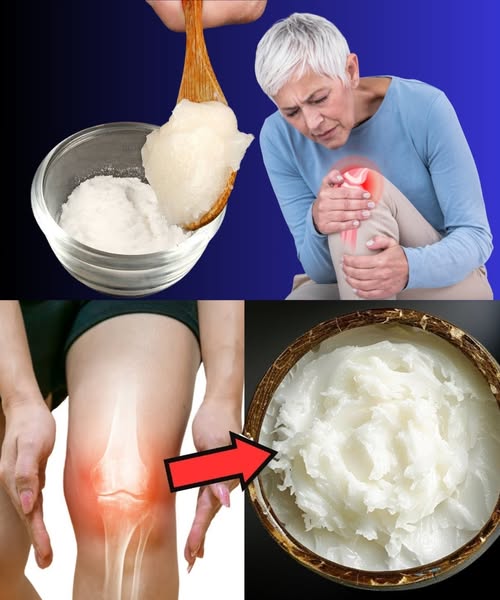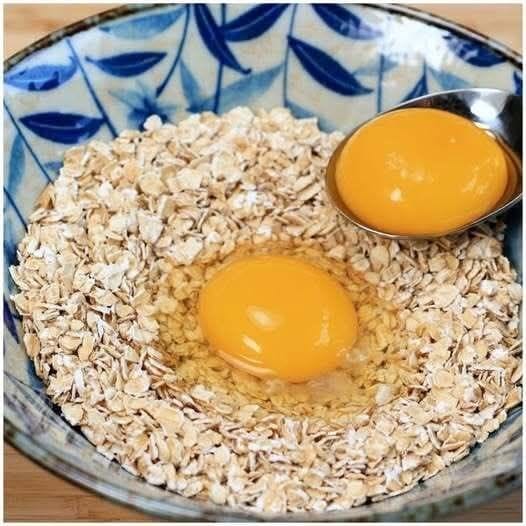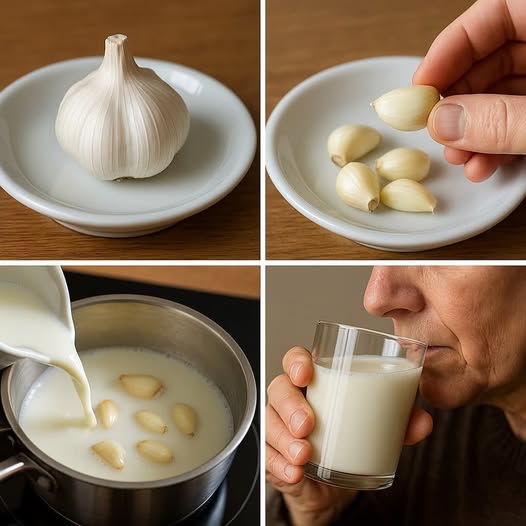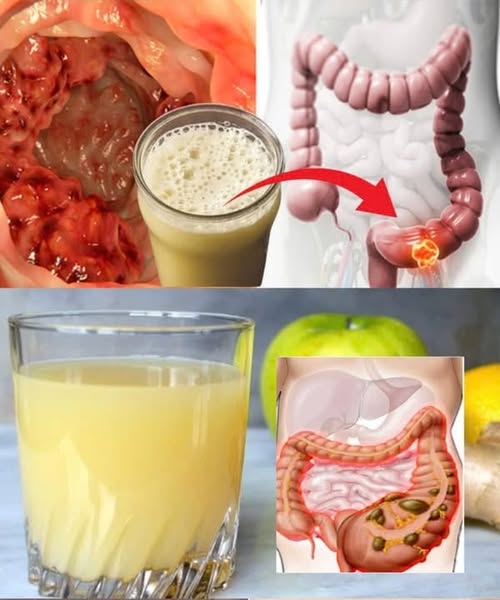Introduction:

Do your knees ache after a short walk or a workout session? You’re not alone. Knee pain affects millions globally and is often linked to worn-out cartilage. Whether you’re an athlete, a busy professional, or someone dealing with the natural aging process, one thing is clear: your knees need support — from the inside out.
But what if you could rebuild cartilage and strengthen your knees naturally — without surgery, medication, or expensive therapies?
Here’s the good news: certain foods have the power to heal, protect, and regenerate cartilage tissue in your knees. This blog dives deep into science-backed superfoods that help reduce inflammation, stimulate collagen production, and support joint health — so you can move freely again.
Ready to walk stronger? Let’s get started.
Body:
✅ Why Cartilage Matters in Knee Health
Cartilage acts as a cushion between your bones. It’s a rubbery, flexible tissue that reduces friction, absorbs shock, and allows smooth joint motion. When cartilage wears down — due to age, injury, or inflammation — you feel pain, stiffness, and instability in your knees.
Over 32.5 million adults in the U.S. alone suffer from osteoarthritis, primarily due to cartilage deterioration (CDC, 2023). The key to reversing this process? Rebuilding cartilage through nutrition, lifestyle, and targeted care.
🥑 Top 7 Foods That Help Rebuild Cartilage and Strengthen Your Knees
1. Bone Broth – Nature’s Collagen Powerhouse
Bone broth is rich in collagen, gelatin, and amino acids like proline and glycine, which are essential for rebuilding cartilage.
Why it works: Collagen makes up 60% of cartilage tissue. Supplementing with natural collagen-rich foods like bone broth supports cartilage regeneration and joint lubrication.
Pro Tip: Drink a cup of bone broth daily, especially after workouts or at night, when your body is in repair mode.
2. Salmon – Rich in Omega-3 Fatty Acids
Inflammation is a major contributor to cartilage damage. Fatty fish like salmon reduce inflammation through their potent omega-3 content.
Stat Boost: According to a 2020 study in the American Journal of Clinical Nutrition, omega-3s can reduce joint stiffness by up to 50%.
Smart Tip: Eat wild-caught salmon 2–3 times per week, or take a high-quality fish oil supplement.
3. Turmeric – The Golden Anti-Inflammatory
Curcumin, turmeric’s active compound, is a natural anti-inflammatory that can slow cartilage breakdown and alleviate joint pain.
Study Fact: In a 2019 clinical trial, turmeric supplements were shown to be as effective as ibuprofen in reducing knee osteoarthritis symptoms.
How to Use: Add 1 tsp of turmeric to your smoothies, teas, or soups. For better absorption, combine it with black pepper and healthy fats.
4. Leafy Greens – Vitamin K for Cartilage Integrity
Kale, spinach, and collard greens are packed with vitamin K, which is essential for bone mineralization and cartilage repair.
Bonus Nutrients: These greens also offer vitamin C, magnesium, and calcium — all key players in joint strength.
Eat This: A big green salad or sautéed spinach daily keeps your cartilage healthy and knees agile.
5. Avocados – Fats That Heal
Avocados contain healthy monounsaturated fats and phytosterols that reduce joint inflammation and boost cartilage matrix production.
Did You Know? Avocados also enhance collagen synthesis thanks to their high levels of vitamin E.
Snack Tip: Add sliced avocado to your salads, smoothies, or whole grain toast.
6. Berries – Tiny but Mighty Antioxidants
Strawberries, blueberries, and raspberries are loaded with anthocyanins, compounds known to reduce oxidative stress and slow cartilage degeneration.
Research Insight: Regular berry intake is associated with lower levels of C-reactive protein (CRP), a marker of inflammation.
Go-To Snack: A bowl of mixed berries daily can defend your knees from premature wear and tear.
7. Walnuts – Nutritional Armor for Your Knees
Walnuts are a nutrient-dense food, rich in omega-3s, magnesium, and polyphenols, which work together to support cartilage structure and reduce inflammation.
Nutrition Fact: Just a handful of walnuts provides over 2.5g of omega-3 ALA — powerful enough to alter inflammatory markers.
Pro Move: Sprinkle chopped walnuts on oatmeal, yogurt, or salads for a crunchy, healing boost.
🤔 Frequently Asked Questions (FAQs)
1. Can cartilage regenerate on its own?
Cartilage has limited self-healing ability due to lack of blood supply. However, specific nutrients and anti-inflammatory foods can support regeneration and reduce further deterioration.
2. How long does it take to rebuild cartilage with food?
Consistency is key. While individual results vary, you may start seeing improvements in joint mobility and reduced pain in as little as 4–8 weeks with the right diet and lifestyle.
3. Are supplements better than food for cartilage repair?
Whole foods offer synergistic benefits that supplements can’t match. However, collagen peptides, glucosamine, and chondroitin supplements can complement a cartilage-friendly diet for faster results.
4. What foods should I avoid to protect knee cartilage?
Stay away from ultra-processed foods, added sugars, red meat, and excessive alcohol. These trigger inflammation and accelerate cartilage breakdown.
5. Is exercise necessary if I eat the right foods?
Absolutely. Exercise increases joint lubrication and improves circulation — both essential for nutrient delivery to cartilage tissue. Focus on low-impact activities like swimming, cycling, and resistance training.
🧠 The Science Behind Cartilage and Diet
Your body creates cartilage from collagen, elastin, water, and proteoglycans — all of which depend on nutritional inputs. When your diet lacks these building blocks, cartilage becomes brittle and breaks down faster.
By eating foods rich in collagen precursors, anti-inflammatory agents, and cartilage-stabilizing nutrients, you equip your knees to stay strong, resilient, and pain-free.
💡 Actionable Tips for Rebuilding Knee Cartilage Naturally
- Hydrate Properly – Cartilage is 80% water. Dehydration reduces elasticity and increases wear.
- Balance Your Macros – Don’t skip protein. It’s essential for collagen synthesis and repair.
- Avoid Inflammatory Foods – Limit sugar, fried foods, and artificial additives.
- Supplement Wisely – Add collagen, vitamin D3, and omega-3s to your daily stack.
- Move Daily – Even light mobility exercises stimulate cartilage repair and joint health.
📉 The Cost of Ignoring Your Knee Health
Neglecting cartilage health can lead to chronic osteoarthritis, reduced mobility, or even knee replacement surgery, costing thousands of dollars and months of rehab.
Why wait for damage to happen when you can take control of your joint health now — starting with your plate?
Conclusion:
Your knees are your foundation — don’t let them crumble. By adding these 7 nutrient-packed, anti-inflammatory foods to your diet, you’re giving your cartilage the tools it needs to repair, rebuild, and thrive.
If you want to avoid surgery, cut down on medications, and enjoy pain-free movement, start with your next meal. Each bite can either fuel your pain or fuel your healing.


